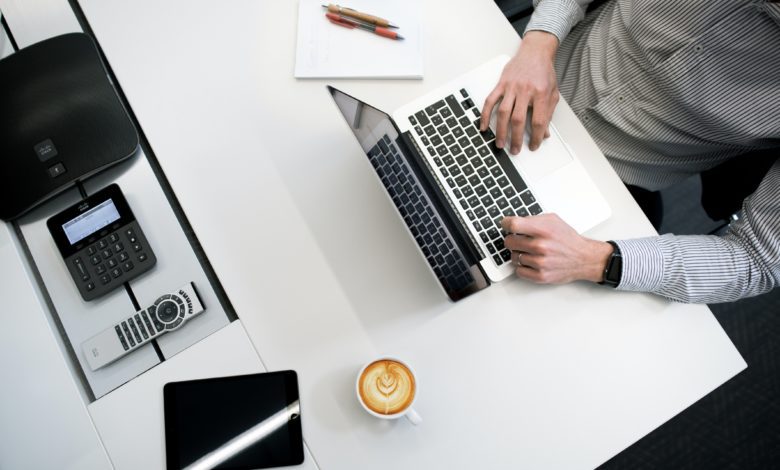
Work Smarter, Not Harder With These Tips
An old saying goes, “work smarter, not harder.” While this may be true, it’s not always easy to implement. Especially when it seems like everyone around you is working longer hours and putting in more effort than you are. But the truth is, many ways to be more productive in the office without working yourself to death. This blog post will discuss tips and tricks for working smarter, not harder.
Quality over quantity
One way to work smarter, not harder, is to focus on quality over quantity. This means you should spend time working on essential tasks that will positively impact rather than trying to do as many things as possible. For example, if you’re working on a project, take the time to do it right the first time instead of rushing through it and making mistakes. You’ll save yourself time in the long run and likely produce better results.
Set priorities
Another way to be more productive is to set priorities. This means taking the time to figure out what’s most essential and then focusing your efforts on those tasks. Trying to do everything at once is usually not possible or effective, so by setting priorities, you can ensure that you’re using your time in the most productive way possible.
Delegate tasks
One of the best ways to work smarter, not harder, is to delegate tasks. If you have employees or team members, use their skills and talents! Delegating tasks will free up your time to focus on more important things. And, it will help build a stronger team since everyone will work towards common goals. Outsourcing difficult or tedious jobs is an excellent example of working smarter, not harder
Microsoft Cloud
Embrace the Microsoft cloud. The cloud allows you to access your files and applications from any device, anywhere. This means you can work on the go, in the office, or at home. Plus, you always have the latest version of your files and applications with Microsoft Cloud. No more need to worry about updates or backups!
Make sure to take breaks
It may seem counterintuitive, but taking breaks can help you be more productive. When you take a break, you’re giving your mind and body a chance to rest and rejuvenate. This means that when you return to work, you’ll be refreshed and able to focus better. Make sure to take a few minutes every hour to step away from your desk and take a walk, get some fresh air, or just stretch your legs. Your body and mind will thank you!
Set small, reachable goals
If you’re working on a big project, it can be easy to feel overwhelmed. To avoid this, set small goals that you can realistically achieve. For example, instead of saying that you want to finish the project by the end of the week, set a goal to finish one section by the end of the day. Breaking down your goals into smaller pieces will make them seem more manageable and help you stay on track.
Focus on your big tasks first
Another way to work smarter, not harder, is to focus on your big tasks first. These are the most important tasks and will have the biggest impact. By getting these out of the way first, you’ll be able to focus on smaller tasks later. Plus, you’ll feel a sense of accomplishment and satisfaction knowing that you’ve completed the most important items on your list.
Set up a to-do list
To-do lists can be a great way to stay organized and focused. Make sure to include both big and small tasks on your list. And, as you complete items, be sure to cross them off! Seeing what you’ve accomplished will help to keep you motivated and on track.
Use templates and shortcuts
When you’re working on a project, it can be helpful to use templates and shortcuts. This will save you time in the long run and help ensure your work is of high quality. For example, if you’re creating a presentation, use a template instead of starting from scratch. Or, if you find yourself typing out the same email repeatedly, create a shortcut so that all you have to do is enter a few keystrokes, and the entire message appears.
Working smarter, not harder, is a great way to boost your productivity. You can make the most of your time by setting priorities, taking breaks, and delegating tasks. And by embracing the Microsoft Cloud and using templates and shortcuts, you can save time and effort. So put these tips into practice and see how they can help you get more done.




